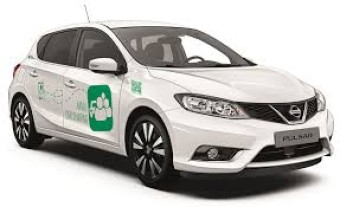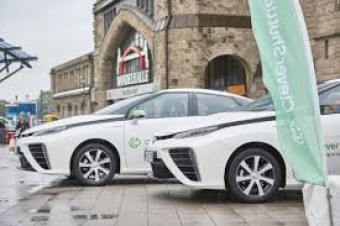BlaBlaCar expands its commuting pilot in France
As confirmed by BlaBlaCar at the New Mobility World exhibition at IAA 2017 in Frankfurt, and as reported by FleetEurope, BlaBlaCar is extending its pilot scheme for commuting via rideshare from the French cities of Reims and Toulouse to the Île de France region (Paris and environs).
The service, called BlaBlaLines, is dedicated to medium- to short-distance commutes and operates on a separate platform from BlaBlaCar, which is the leading service for long-distance ridesharing. BlaBlaLines is available as a free download for Android – and now also for iPhone. Île de France could prove fertile terrain for BlaBlaCar, as 43% of the local workforce commutes to work by car, and the average occupancy is just 1.05 persons per vehicle.
Continue reading…
http://www.fleeteurope.com/en/news/blablacar-expands-its-commuting-pilot-france
- BlaBlaCar is developing more in the direction of public transport.









